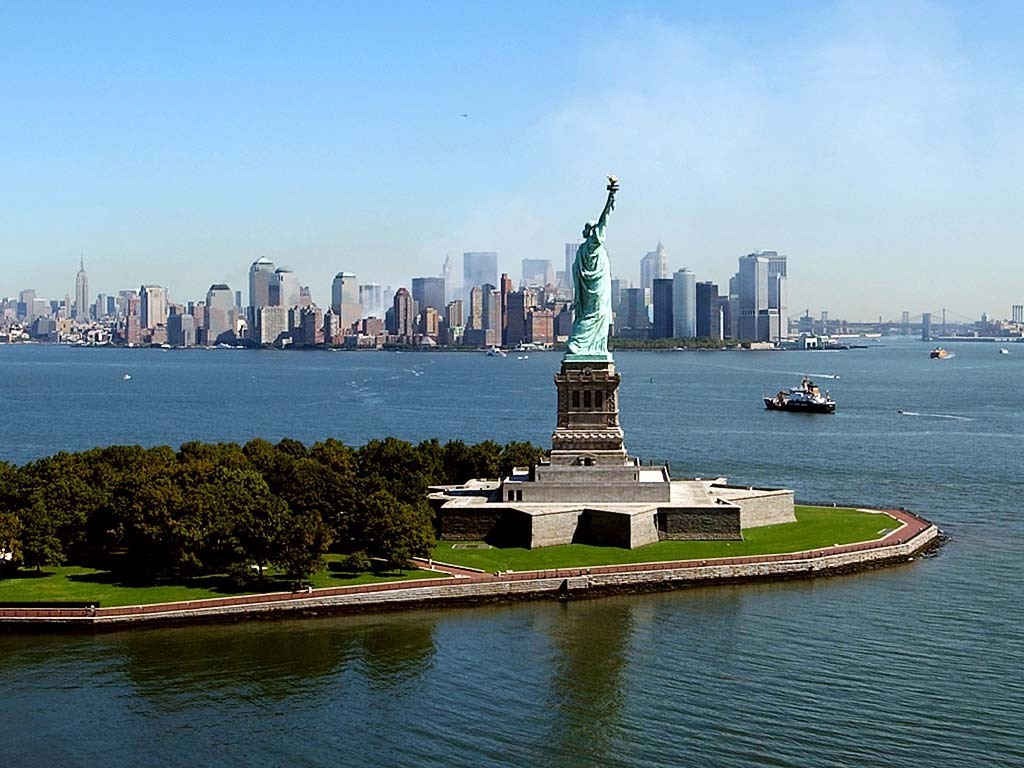
New York City’s air quality was ranked as the worst in the world on Tuesday, as smoke from wildfires in Canada drifted east.
The Air Quality Index (AQI) in New York City reached 196, which is considered to be “hazardous” and can cause serious health problems for people with respiratory illnesses.
The smoke from the wildfires has also been causing hazy skies and poor visibility in New York City and other parts of the Northeast. The National Weather Service has issued a smoke advisory for the region, warning that the smoke could cause respiratory problems, aggravate asthma, and make it difficult to see.
The wildfires in Canada have been raging for several weeks, and they have destroyed hundreds of homes and businesses. The fires are also a major source of air pollution, and they are having a significant impact on air quality in the Northeast.
The New York City Department of Environmental Protection is urging residents to stay indoors if possible and to avoid strenuous outdoor activity. The DEP is also advising people with respiratory illnesses to take extra precautions, such as wearing a mask when they go outside.
The wildfires in Canada are a reminder of the importance of taking steps to reduce air pollution. Governments and businesses need to invest in clean energy sources and other measures to reduce emissions. Individuals can also make a difference by making changes to their own lifestyles, such as driving less and walking or biking more.
Impact on public health
The poor air quality in New York City is having a significant impact on public health. People with respiratory illnesses, such as asthma and COPD, are particularly vulnerable to the effects of air pollution. The smoke from the wildfires can irritate the airways and make it difficult to breathe. In some cases, it can even lead to respiratory failure.
The poor air quality is also a concern for children and the elderly. These groups are more likely to experience health problems as a result of air pollution. Children are still developing their lungs, and the elderly may have underlying health conditions that make them more vulnerable to the effects of air pollution.












